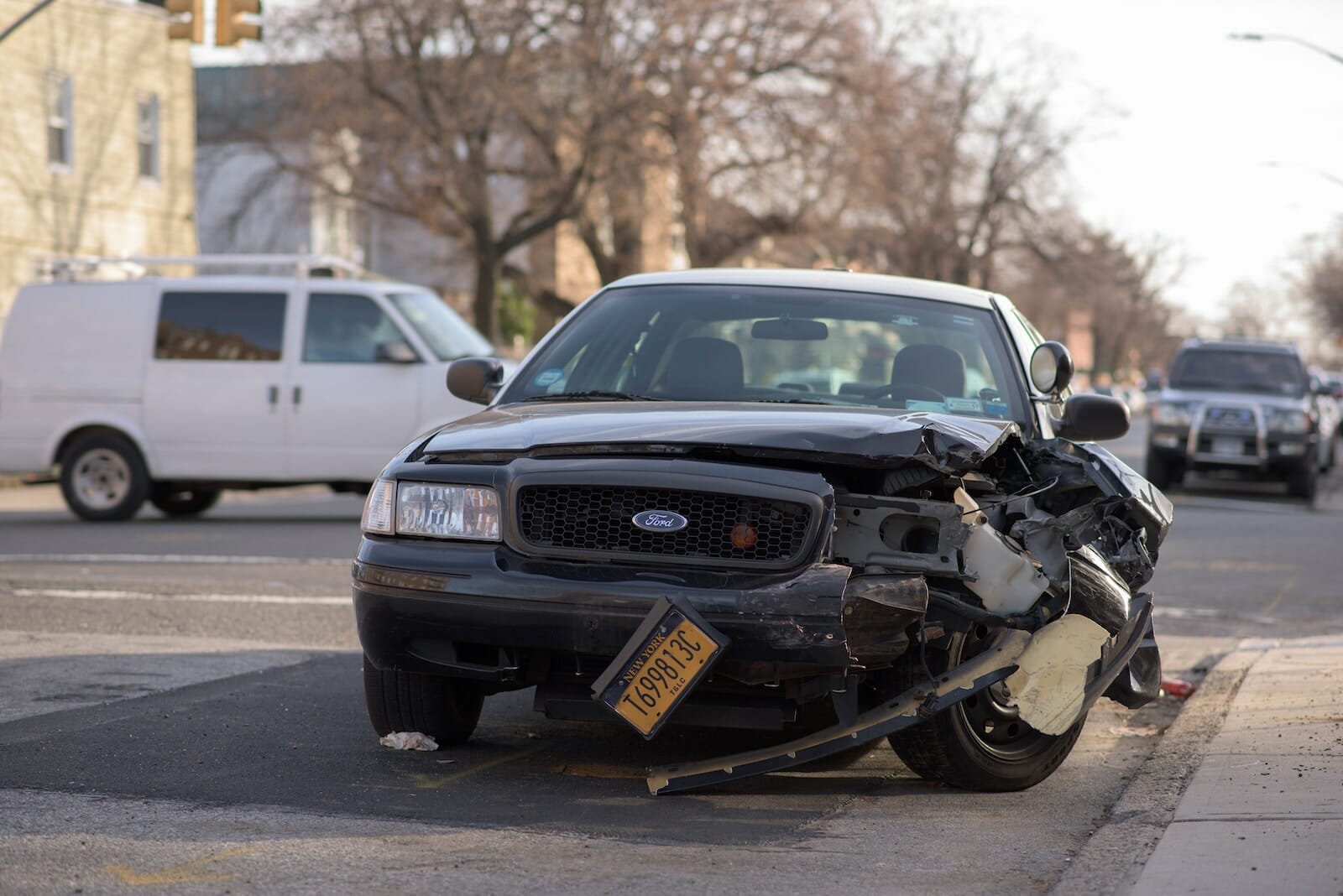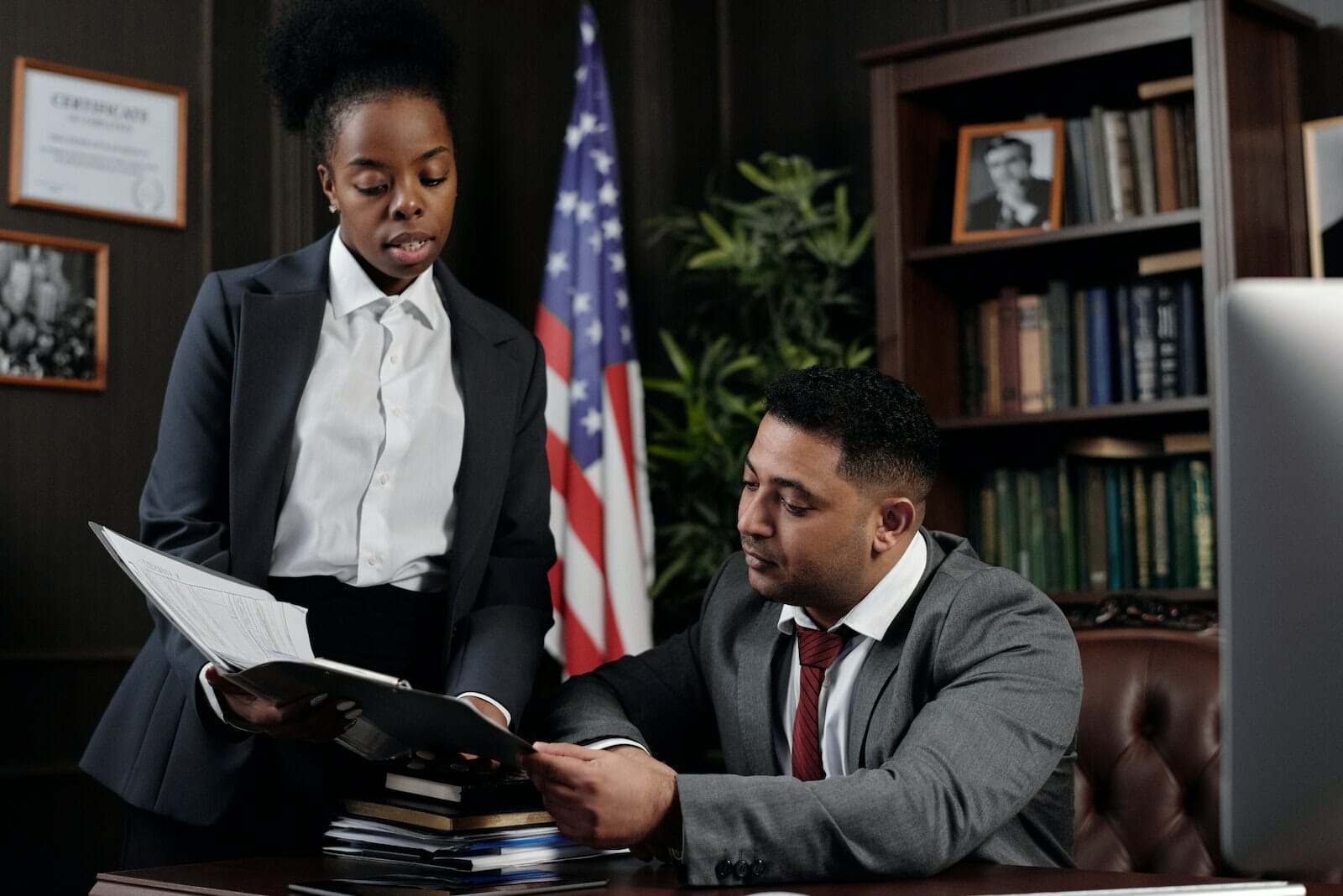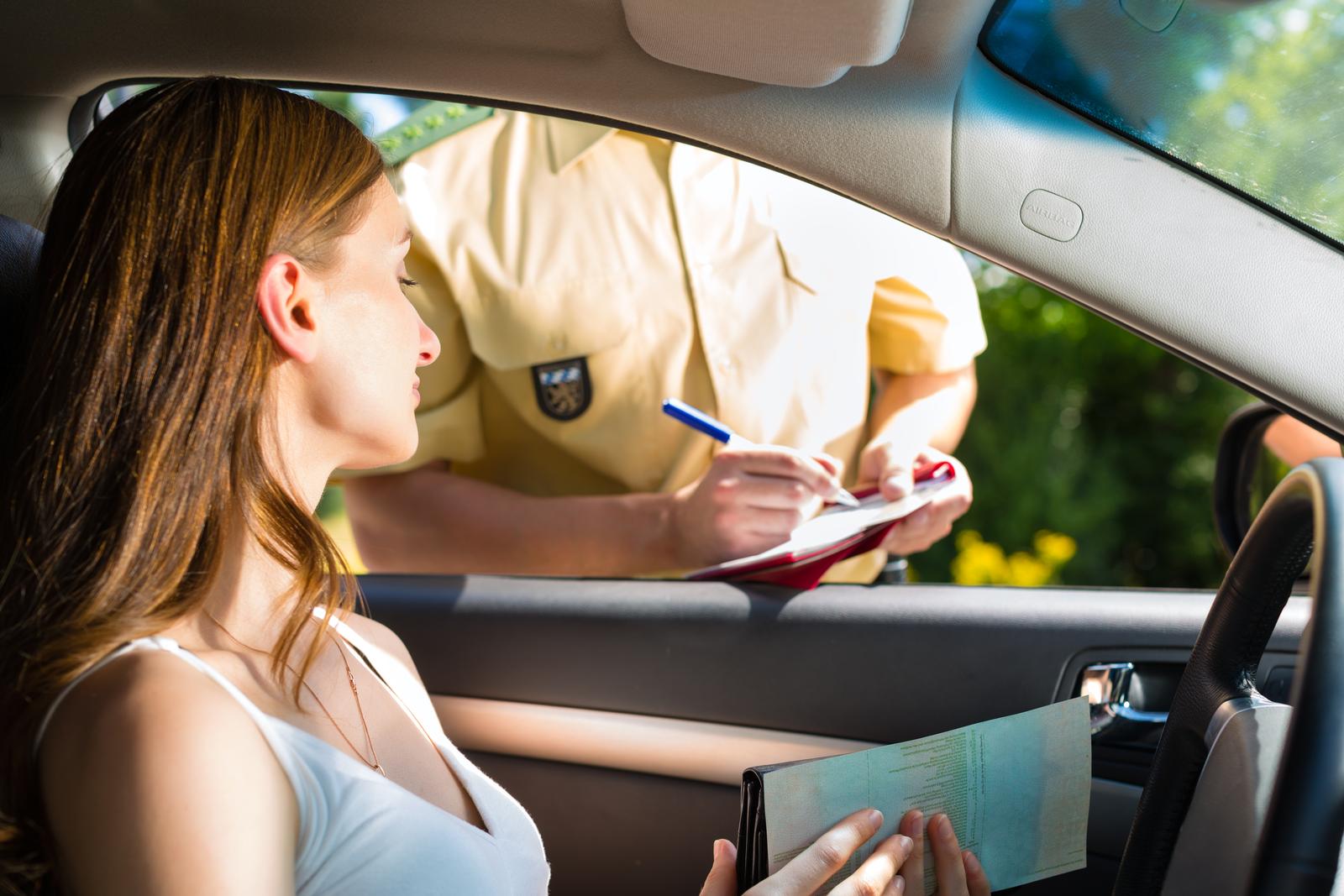Understanding Comparative Negligence Laws: What You Need to Know
Do you ever wonder who is responsible for an accident? Accidents can be terrifying and stressful, but the good news is that Nevada law has a way of figuring out who was at fault.
It’s called Comparative Negligence. This means that everyone involved looks at the facts of the accident, like who was driving too fast or not paying attention to the road. Then, each person’s responsibility (or “negligence”) is compared.
In this guide, we’ll explain comparative negligence and how it affects your case if you ever get into an accident in Nevada. Let’s get started!
Who Determines Fault in an Accident? Nevada’s Comparative Negligence Standard
What happens when there is an accident? In Nevada, it’s essential to know about something called comparative negligence. That means if both people involved did something wrong, the court has to decide how much each person is responsible for.
For example, if one person was 90% liable and the other was 10% liable, the court will say that the first person should pay 90% of the damages and the second person should pay 10%. This is called ‘comparative fault.’ When it comes to accidents, everyone needs to know their percentage of fault – so they don’t have to pay more than their share!
If you’ve been a plaintiff in a personal injury case, you may try to recover damages using contributory, modified, or pure comparative negligence. All of these involve looking at each person’s percentage of fault.
How Comparative Negligence Can Impact Your Settlement
Have you ever been in a car accident? It’s important to know who is at fault because if you weren’t responsible for the crash, you could be due some compensation!
The courts use comparative negligence to determine how much each person involved was at fault. This is also called contributory negligence or modified comparative negligence.
If you got hurt in an accident, it’s important to know that the court looks at who was responsible and decides how much each person is to blame. It’s like a scorecard!
Steps to Follow Immediately After a Car Accident in Nevada
If you ever get into a car accident in Nevada, you should do some essential things immediately. First, make sure everyone is okay and make sure to call the police so they can create an official report about what happened.
Then, you must give the other driver your name, contact information, and insurance details. Don’t say anything that could be seen as admitting fault at this point – it might hurt your chances later. Lastly, don’t forget to take pictures of the scene if it helps show what happened.
Doing these steps will help protect you from being blamed for something more than your comparative or degree of fault.
Seek Medical Attention: Why It’s Important and How It Affects Your Claim
After a car accident, seeking medical attention right away is essential. This is true no matter how minor the accident may be. Getting checked out by a doctor can help ensure that you are not hurt in any way and don’t have any hidden injuries.
Even if you don’t feel hurt, getting a checkup from a doctor can be helpful. Seeking medical attention won’t just benefit your health. It can affect your car accident claim too!
Gathering Evidence: What You Need to Prove Fault in a Comparative Negligence State
After a car accident, showing who was at fault is essential.
Nevada has a special rule called “comparative fault”. This means that to be sure you do things correctly, you have to follow some steps. One of the steps is gathering evidence.
Gathering evidence suggests finding things that show who caused the accident. This could be pictures, videos, witness statements, or other special information. So if you’re in a car accident in Nevada, don’t forget to find evidence!
Photos, Videos, and Witness Statements: Essential Evidence Collection Techniques
When you have an accident and want to prove it wasn’t your fault, the best thing you can do is take lots of pictures and videos. Get help from people there, and ask them to write down what they saw. This is called getting a witness statement.
In Nevada, sometimes you can still get some money for an accident even if you were partly responsible for it.
But they can’t get anything if the person is more than 50% at fault. Different States have different ways of doing this, but it’s a comparative negligence rule in Nevada.
That’s why it’s essential to get as much evidence as possible. Even if you are partly responsible for the accident, you can still recover some damages. You must show how much of the fault was yours versus someone else’s.
The damages may be reduced proportionately to the negligence attributable to the plaintiff. If you can prove that you weren’t as much at fault, then you may still be able to get money even if you’re partially responsible.
How to Report the Accident to Your Insurance Company
- If you’ve been in an accident, you must report it to your insurance company immediately. Here’s how:
- Make sure it’s safe to stay at the accident scene. Then call your insurance company and talk to a representative. Tell them all of the details about the accident.
- Give them information like the other driver’s name, license plate, or insurance company.
- Take pictures of the damage on both cars and write down vehicle information like make model, color, and year.
- Write down important dates, notes, and conversations after the accident.
- Follow up with your insurance company if they don’t contact you. Keep a record of who you talked with and when.
- Ask what else you need to do and ask questions if you don’t understand something.
Dealing with Insurance Adjusters: What to Expect and How to Handle Them
When you have a car accident in Nevada, you must deal with insurance adjusters. They’re the people who work for the insurance company and decide how much money you should get from them.
You might be scared when an insurance adjuster calls you, but don’t worry! They want to talk to you about the accident and your claim. Try to answer all their questions honestly and accurately.
If you don’t understand something, you must ask for more information. It’s also vital that you don’t agree to anything without talking to a lawyer – they can help ensure you’re getting what you deserve.
Finally, keep records of everything – like phone calls, emails, and any other written communication with the adjuster. That way, if there are any problems, you’ll have something to back up your story.
When to Hire an Attorney: Signs You Need Legal Representation in a Comparative Negligence Case
If you’ve been in an accident, it might not be clear what to do next. Sometimes it’s best to talk to a lawyer and get their advice. Here are some signs that you should consider hiring an attorney:
- You’re unsure who was at fault and need help understanding the law.
- The insurance company is unfair to you or offering less money than you think you deserve for your claim.
- You’re facing medical costs or injuries from the accident and want to ensure you’re taken care of.
- You need help with paperwork or filing claims.
- You feel like you need a professional to help guide you through the legal process.
Hiring a lawyer can help you learn about Nevada’s rules for who paid when things don’t go as planned. It’s wise to keep this in mind!
Don’t hesitate to reach out if you have questions or need support.
Time Limits for Filing Your Claim: Why Timing is Critical in Nevada
When you get into an accident, you must know how much time you have to file a claim. In Nevada, the time limit is called a “statute of limitations,” which differs for injury claims.
If you don’t file your lawsuit within that time, you might not be able to get the money or help you deserve. That’s why timing is so important – if you wait too long, you could lose out!
So if you’ve been in a car accident in Nevada, remember to act fast and file your claim right away. That way, you can get the help you need immediately!
The Role of Expert Witnesses in Comparative Negligence Cases
When you’ve been in an accident, figuring out who is responsible can be tricky. Expert witnesses can help to prove who is at fault. They are experts in their field and know a lot about cars and what happens when accidents happen.
They can examine the accident scene and give details about how the accident occurred. They can also look at any video or photos taken at the scene to help determine who was to blame for the accident. With an expert witness’s help, you can ensure that everyone gets the justice they deserve.
Proving Comparative Negligence: How the Defendant’s Actions May Affect Your Claim
When someone has an accident, it might not always be their fault. Sometimes the other person played a part, too, and that’s when comparative negligence comes in.
Comparative negligence is a law that says even if you’re partly at fault, you can still get money for the damages the accident caused. To prove this, the court needs to see what happened. The defendant (the other person) will be asked how and why they acted that way.
Then the judge or jury will look at all the facts to decide who was mostly to blame. If the court finds both people were to blame, then each will have to pay a certain amount back for the damages caused.
Understanding Your Insurance Policy: What Coverage is Available and What You’re Entitled To
When you get in a car accident, the important thing is to make sure you understand what kind of insurance coverage you have. Insurance coverage is like a blanket that helps keep you safe if something bad happens.
When you get into a car accident, your insurance coverage can help pay for damages and medical expenses if you get hurt.
There are different kinds of insurance coverage out there. Some cover things like damage to property or injuries to yourself or others. Others cover legal fees that might come up if someone decides to take you to court.
Some even cover lost wages if you can’t work for a while after an accident. You need to know what kind of coverage you have to ensure it will help with the costs if something bad happens.
Be sure to talk to your insurance company about what you’re entitled to and what kind of coverage you have under your policy. That way, you know how much protection you have and how much help you can get in case of an accident.
Preparing for Your Case: How to Build a Strong Defense in a Comparative Negligence Lawsuit
If you’ve been in an accident in Nevada, preparing for your case is essential. Comparative negligence means that both parties involved in the accident may be responsible for some damages. To build a strong defense, there are a few steps you should take.
First, make sure to write down everything that happened during the accident. It’s also important to take pictures and videos of the scene. Ask anyone who saw the accident to write down what they remembered.
Get their contact information so you can use them as a witness if necessary. Speak with a smart lawyer who knows about Nevada laws for cases like yours. They can tell you the best thing to do with your situation.
Navigating Comparative Negligence Cases in Nevada: Key Takeaways and Next Steps for Winning Your Claim
In Nevada, if you’re injured in an accident, and someone else is to blame, you may need to prove that person was negligent. You should gather evidence, take pictures, look for witnesses, and talk to an attorney if needed.
It’s also important to report the accident to your insurance company and understand your policy before filing a claim. Remember, you must file within a certain timeline, or your case could be dismissed.
If you follow these steps correctly, you should have a good chance of winning your comparative negligence case in the state of Nevada.







